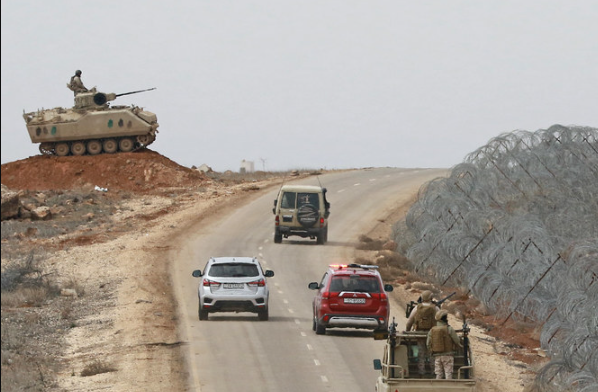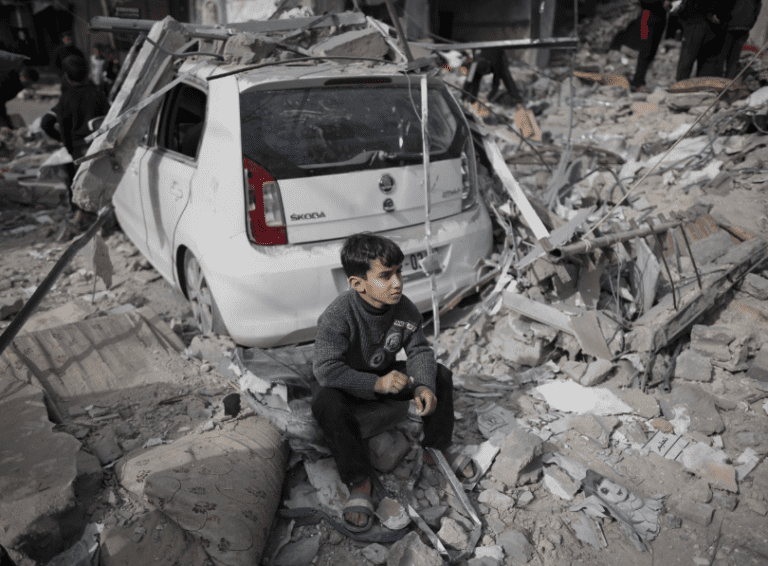Jordan strikes Iran-linked drug dealers in Syria
In a recent development, Jordan took decisive action against alleged Iranian-linked drug dealers operating within Syria. The Jordanian military, supported by regional intelligence sources, launched air strikes targeting suspected warehouses and hideouts believed to be controlled by Iranian-backed drug smugglers.
This move follows heightened tensions last month, marked by prolonged clashes with infiltrators from Syria associated with pro-Iranian militias. These infiltrators were discovered carrying substantial quantities of drugs, weapons, and explosives as they crossed the Jordanian border.
According to Reuters, one of the airstrikes targeted the residence of a prominent drug dealer situated in the town of Shaab in the Sweida province. Another strike focused on warehouses near the village of Al-Ghariya, both locations being in the Sweida province near the Jordanian border.
Ryan Marouf, editor of Suwayda 24, a Syrian news website closely monitoring the drug war, reported witnessing a plume of smoke rising from the border area shortly after the strikes. Marouf stated that the first strike specifically targeted a leading drug dealer with connections to Iranian militias, while the second raid focused on a farm allegedly used for storing drugs.
Jordanian officials, echoing the sentiments of their Western allies, assert that Lebanon’s Iran-backed Hezbollah group and other pro-Iranian militias controlling much of southern Syria are responsible for a notable increase in drug and weapons smuggling. However, Iran and Hezbollah dismiss these allegations, viewing them as part of Western plots against their respective nations. Meanwhile, Syria denies any collaboration with Iranian-backed militias associated with its army and security forces.
In a bid to enhance border security, Jordan has received assurances of increased military aid from the United States. Approximately $1 billion in aid has been provided by Washington to establish border posts since the onset of the Syrian conflict in 2011, according to Jordanian officials.
International experts, including those from the United Nations, as well as U.S. and European officials, contend that the illicit drug trade significantly funds the activities of pro-Iranian militias and paramilitary forces aligned with the Syrian government. The enduring conflict in Syria, spanning over a decade, has turned the war-torn country into a major hub for a multi-billion-dollar drug trade. Jordan plays a crucial role as a transit route for a Syrian-produced amphetamine known as captagon, destined for the oil-rich Gulf states, as asserted by Western anti-narcotics officials and Washington.






